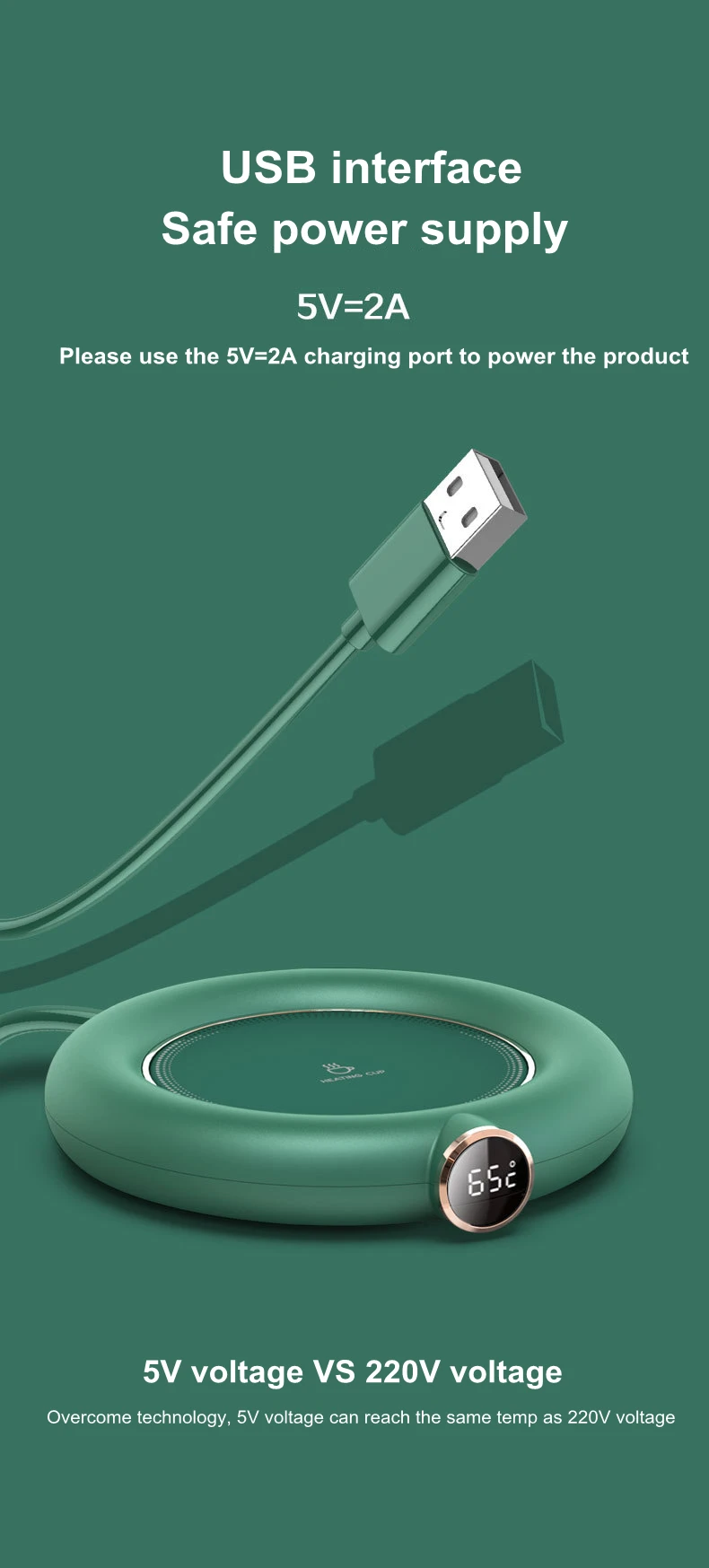Their labeled voltages are nearly always 12v. But if the wire is too hot close to the unit that tells me the unit is too hot and the wire is heated by conduction of the heat not from the copper losses.

Impact Of Heater Thickness On Temperature Field In The Wire And In The... | Download Scientific Diagram
I tried to heat air with flow of 5l/sec from 30 o c up to 700 o c through a tubular electric heater, as illustrated in the pictures.

Do heater wires reach same temperature. Δ t = temperature rise, in °f. Wires and conductors that are worn out as a result of corrosion are more likely to overheat. For electrical equipment rated for 600v and less, terminations are typically rated to.
Note the wires are dangling at the bottom of the nozzle body and tip. The relation v = ir is what's going on there. But you can find them as low as 20w and as high as 60w and even 80w for a supervolcano hot end.
The 24awg wire i linked to is actually rated for up to 8a per conductor at room temperature (temperature should also be considered, of course, and wire rated for the required current may not be sufficient for some 3d printing applications, especially if a heated chamber is used). Examples of self regulating heat trace cable: Wt= the weight of the material to be heated, in lbs.
Looking at the pictures again, appears that the wire spring is still holding the wires. Recent research carried out by the copper. For example, two 240 volt heaters connected in series across a 480 volt supply.
I suspect your problem is lack of cooling on the hot side. Cp = the specific heat of the material to be heated, in btu/lb°f. Have never seen that before.
Like all conductors nichrome’s resistance varies. The primary component common to all electrical heaters is the electrical resistor. (if the wattage and voltage of each heater is not equal, the heaters will not split the total voltage equally.) if the two heaters are connected is parallel, the voltage of each heater must be the same as the supply.
In air, 0 5 10 15 20 25 30. According to rsb electrical, corrosion can harm wires and conductors, causing their resistance to increase which, in turn, increases the heat they generate. Design of heating elements is based on the wire employed for heating element which may be circular or rectangular like a ribbon.
There are two simple formulas for. Kw = your kilowatt requirement. If the wires are warm throughout then the gauge is too small.
Thantik (thantik) august 14, 2015, 11:38pm #12. The problem is the plastic insulation and jacketing that surround the wires. I used kanthal wires three coils, with 150v*15a*3=6.75kw.
Not only do heater cartridges come in a variety of wattages, but they also have a voltage rating attached to them. Two factors combine to heat up the wire. Looking from behind, you can see the thin coiled wire of the heating element.
Too much current across a resistance produces excess heat. This shows the wires that supply power and temperature control to the nozzle body and tip. Almost all the heat generated by the heating element is radiated away leaving a small percentage to be conducted down the supply wire.
All wires which have electric current flowing through them have electrons moving through the wire. Kw = (wt x cp x δ t)/3412 x h. May fail quickly if applied in a different atmosphere at the same temperature.
3412 = conversion factor, btu/kwh. Electrical energy is turned into heat as the current passes through the resistor. When you turn a heater on, the electrical current that is produced heats up the nichrome wire components — better known as the heating coils — in the unit.
Carbide may increase by as much as 300% before it reaches the end of its useful life. In extreme cases such as fault conditions, resistive heating can literally melt the wires. Heating tape, heating cable, heating cords:
The power wires to heater terminal connections may be subject to movement. In simple terms it the application of a compensating heat source. Installed in the same conduit, another current correction factor must be used.
Ρ = ρₒ * (1 + α * δt) the temperature rise of the wire (δt) is a function of the power dissipated in the wire (p), the length of the wire (l) and the thermal resistance to the ambient air (θ): The fan draws cold air through the holes in the back of the heater, past the element, and blows hot air out of the front. They are temperature, atmosphere, life and power or heat load required.
These are usually rated to withstand up to 194°f, but temperatures that approach this limit are not recommended. Because the current is squared in the equation, two amperes through the same wire would heat it at a rate of 4 watts, and so on. Operating temperatures in excess of 104°f.
Knowing the electrical input and its voltage the size and length of wire required to design the heating element. Typical wattages you will find for hot end heater cartridges are 25w, 30w, 40w and 50w. So, we do recommend that a controller or thermostat of some sort to be used with this type of heating wire.
This electric potential energy is given to the electrons, and since the electrons try to minimize their. Δt = p * (θ / l) resistance vs. H = how long it should take to reach the temperature set point, in hours.
Leave box open and monitor temperature if you do the same thing again. The reason for why wires heat up when a current flows through them is that a battery converts chemical energy into electric potential energy. Show activity on this post.
The short answer is they do get hot but not nearly as hot as the heating element. What would the adequate working temperature of an. Also the wattage of each heater must be equal.
The first is the heat in the surrounding, or ambient, air in the attic. The element is very large and covers the same area as the fan. But the plastic housing evaporated away.
This circuit must be wired with a conductor that has an insulation rating of at least 75°c (due to the circuit breaker) and sized based on the ampacity of 60°c (due to the receptacle). Several factors should be examined in choosing a heating element. During normal production, gravity will pull hot plastic down, where it will build until it completely covers the wires, making them impossible to clean.

Silicone-Insulated Heating Cable - Rica - Zoppas Industries Heating Element Technolog - Resistive

Pwm Temp Control Heating Element Without Sensor - General Electronics - Arduino Forum
![]()
Super High Temperature Resistance Silicon Cable For Heating Cable Mat - China Electric Wire, Wire Cable | Made-In-China.com

Capillary Thermostat Water Heater Temperature Protector - China Thermostat, Temperature Controller | Made-In-China.com

House Not Reaching Desired Heating Temperature Of 73 And Fan Keeps Running All Night Long Without Stopping After Upgrading To Ecobee Smart Thermostat. “Follow Me” And “Heating Smart Discovery” Are Turned Off.